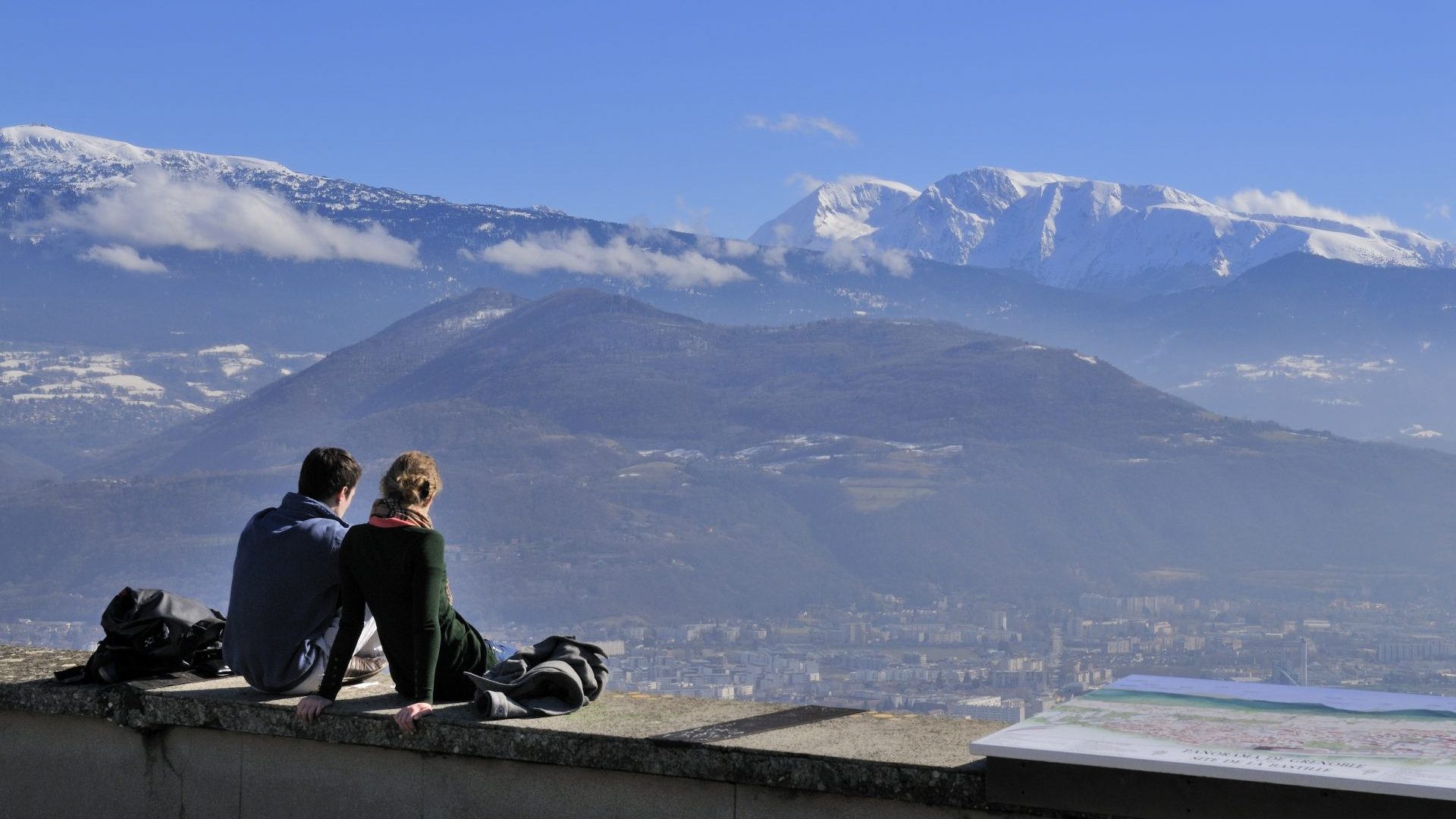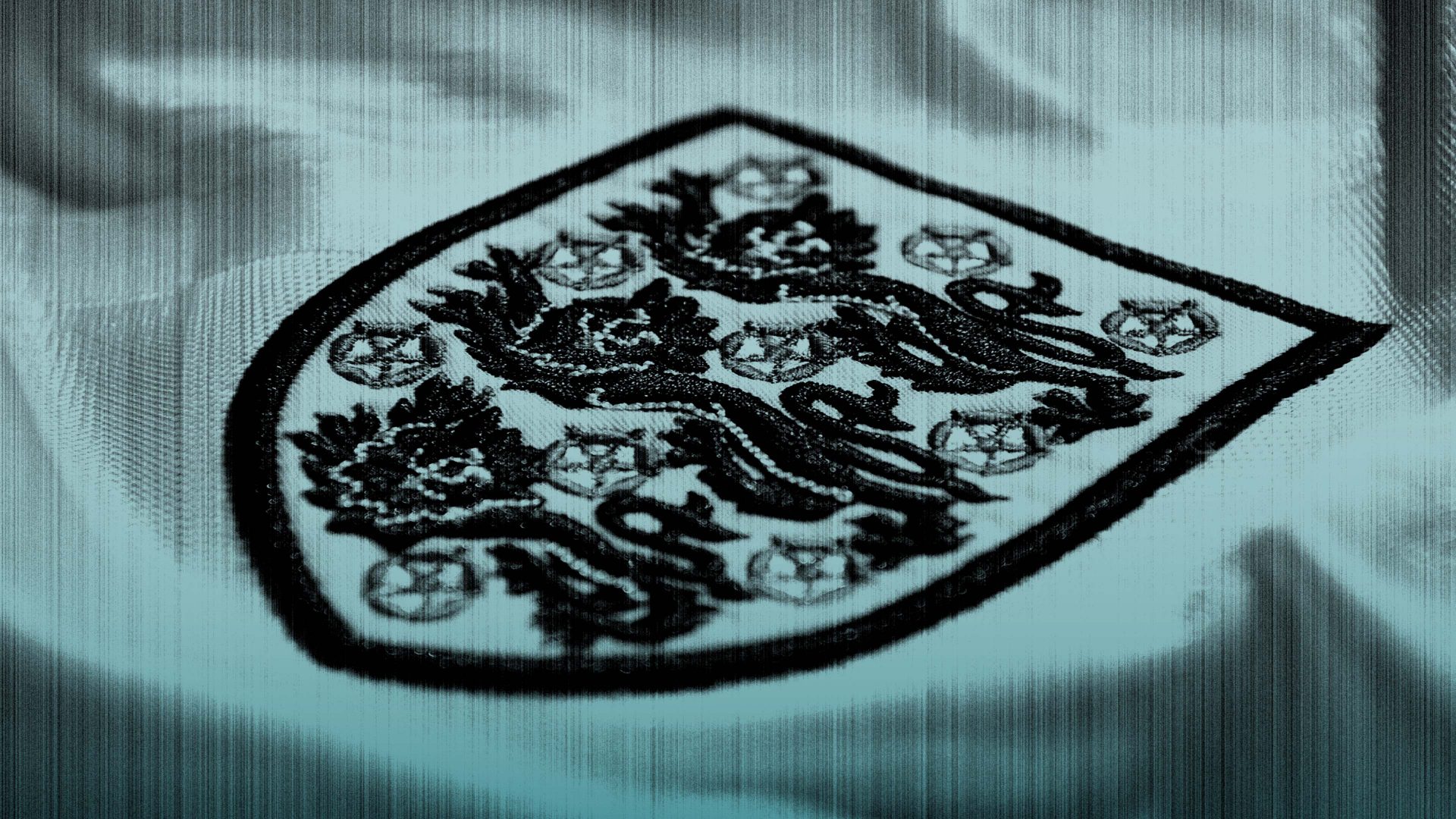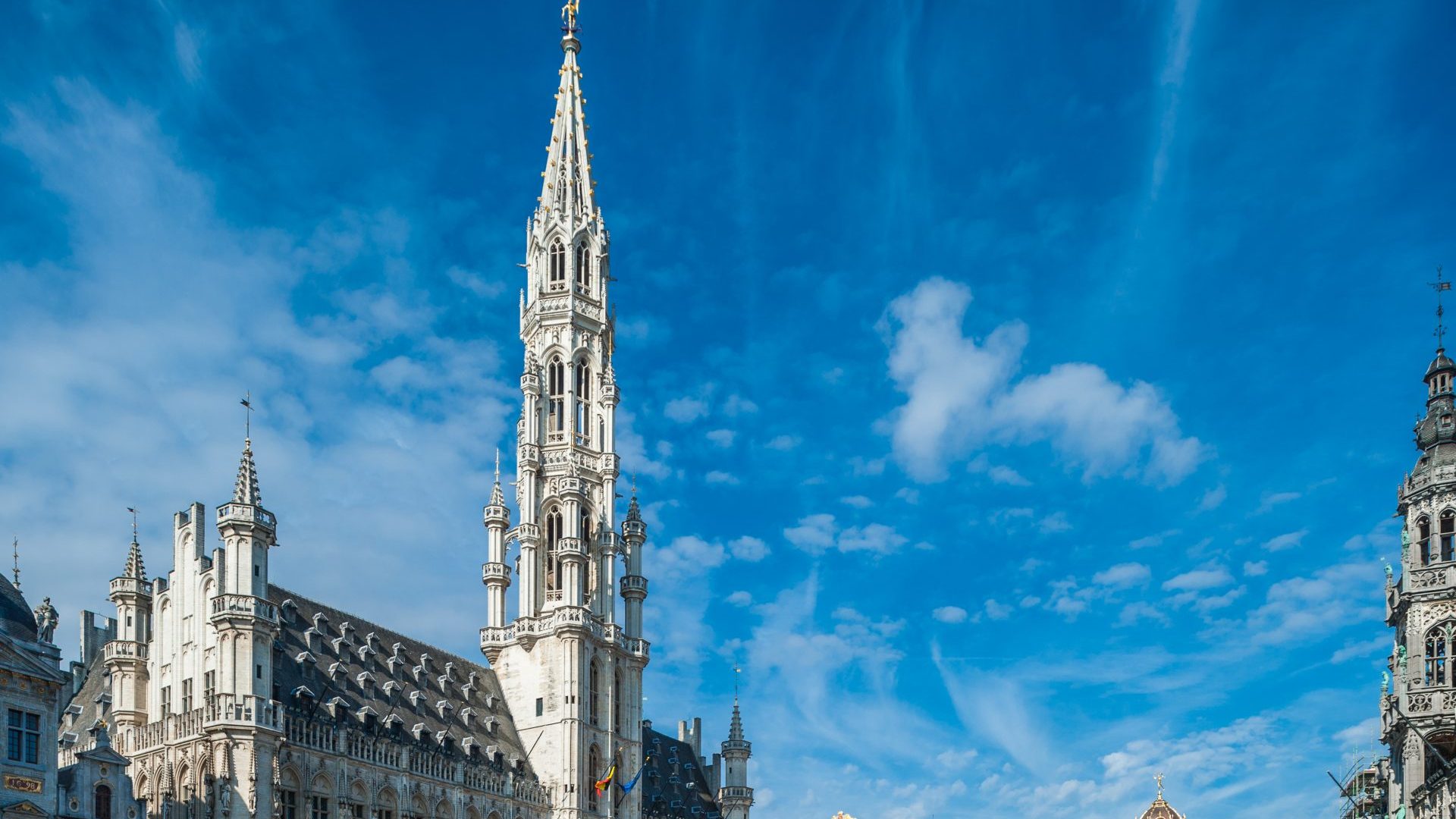“The nature here is so amazing.” I made sounds of agreement while dodging a dried dog poo on the pavement. Before us stretched the hot concrete of Grenoble, dubbed “the Chicago of France” by residents proud of their grungy city but who perhaps have never visited Illinois.
Date number two secured via the dating app Hinge was not proving a great success. I let my companion expound on the area’s alpine sports opportunities, wondering, not for the first time, whether I’d been spoiled by a wild Northumberland childhood.
But then date number one had said much the same about the glory of our surroundings. In fact, the opinion was shared by almost everyone in Isère, south-east France – now my home. I dodged another dog poo and thought abut the Grenoble tourist bard website, which boasts of “impressive mountains which harbour restless torrents and deep forests. On the rounded hills, secret valleys snuggle with natural prairies and farmland. Here, man and nature learn to live together in reassuring harmony.”
Perhaps I have chosen a bad moment to arrive, but all is not quite reassuring harmony. Over the winter, I listened to those around me stoutly defend farmers’ protests against EU environmental measures between gulps of organic wine. Meanwhile, France’s animal welfare laws lag behind Britain’s on the Animal Protection Index.
The new brand of eco-hypocrisy I’ve encountered in France has caused me to reflect. It hasn’t helped with my dates.
The first flower picker I spotted was perhaps also hoping to bolster her tepid attempts at romance. I saw her from a bus window as I was heading into the city. I couldn’t look away as she traipsed over pristine soil to snatch handfuls of tulips from the roadside flowerbeds.
She was not the only one. Since then, I’ve seen several people foraging for flowers, all either at nature’s or the council’s expense. Each time I’ve remembered my mother’s lessons about the protected status of wildflowers and our duty to preserve shared surroundings. I wonder if those picked flowers led to any second dates.
Overall, French relationships with the environment are more practical compared with British attitudes, which tend to be more sentimental. Organic food preserves one’s health, as do free-range eggs and grass-fed meat.
When I hear Brits praise nature, it’s an expression of an abstract appreciation – a long intake of breath, perhaps followed by a Wordsworthian allegory. In France, at least in Grenoble, nature is a playground for le sport. Here, reactions to climate change are more urgent than in the UK. Where do you ski when there’s no more snow? I’m not a skier, but it’s a relief to hear these concerned discussions.
That said, I had been looking forward to a trip to the south coast with my French family. Photos suggested forests and the sea, both of which I’d missed since moving to the Alps. On arrival at the caravan park, I was horrified to discover the popularity of fake grass. Walking around, I pointed out a sympathetic summer home among the trees. One of the boys searched my face for the joke. “It’s abandoned,” he said.
Summer had brought the swallows. I loved swimming as they took their evening drink from the pool, swooping down on knifelike wings before carving skywards again. They didn’t seem to mind my bobbing around in their midst. Swallow droppings identified their nests in the pristine shower block. Swim done, I approached it with trepidation. In the context of plastic grass, I was unsure how long bird poo would be tolerated.
I had found the showers, but was stopped by a snort followed by loud snuffling. The holiday park had a healthy population of older gentlemen, so such sounds were not uncommon, but the accompanying munching was uncharacteristic. I hunted around for the source and found two dark, hairy beasts: wild boar. A pair of mature females moseyed down the road towards me, their long snouts hoovering the ground for the acorns. Three juveniles followed, then four humbugs – the stripy, silky youngest hoglets. They hardly spared me a glance.
Shower over, wearing only a Paw Patrol towel, I wasn’t eager to confront the boar again – perhaps this time with dad in tow. I’d showered in darkness so as not to disturb the birds. I glanced up as I left. Blank space. Where were the swallows? I turned on the light. Someone had rigged up two planks under the nests to catch the droppings. The swallows remained, snug and comfortable; a practical solution, made with love.
Isabella Redmayne’s fiction has most recently been published by t’ART Press




